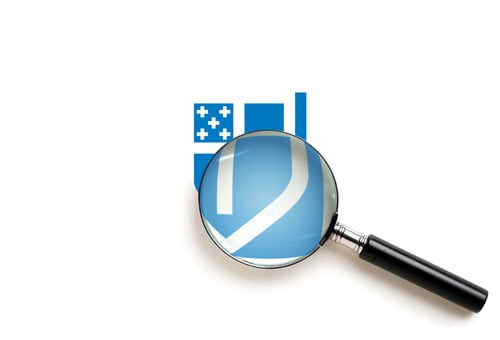

Page Not Found
Oops! The page you requested was not found...
Here are some possible reasons why your page is not displaying:
- You may have bookmarked a page which has moved or no longer exists since we redesigned our website.
- We have a "bad" link floating out there.
- You may have typed the URL address incorrectly.
We suggest the following options to locate the information you need:
- Return to CPG's Homepage
- Contact CPG
- Try the Search box in the upper right corner.
You will be redirected to a new tab for live remote support. Please confirm you're on a call with a Client Services team member to continue.